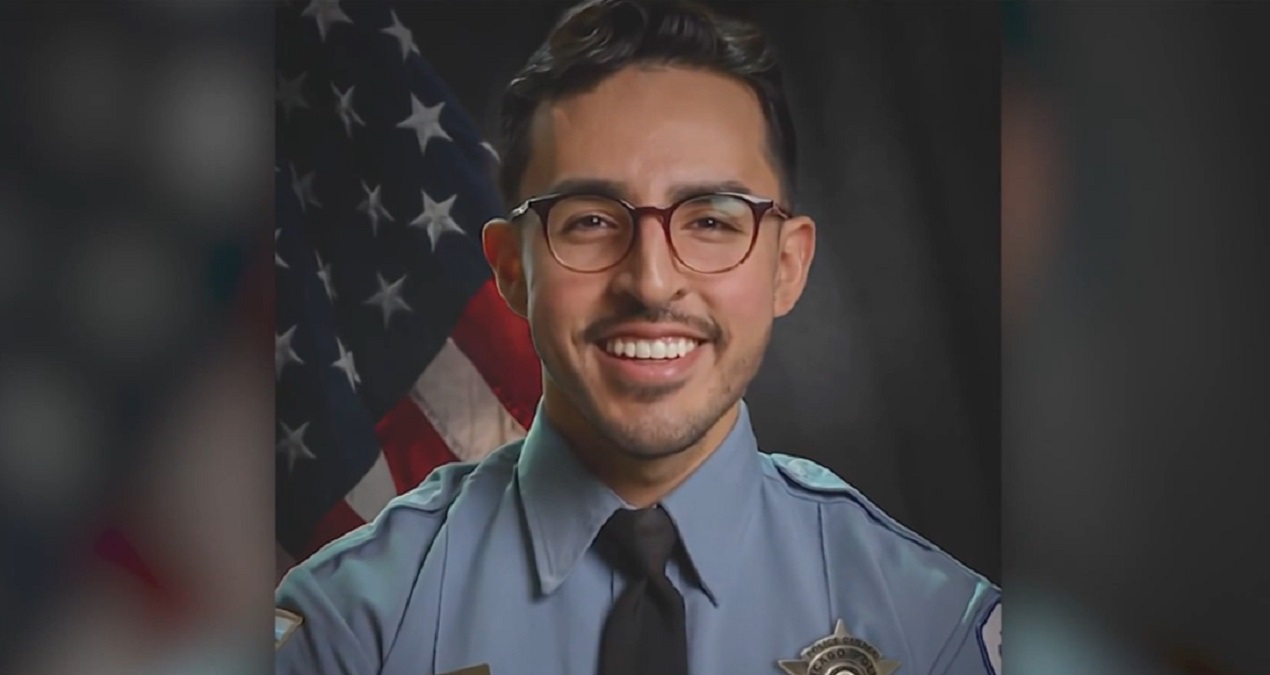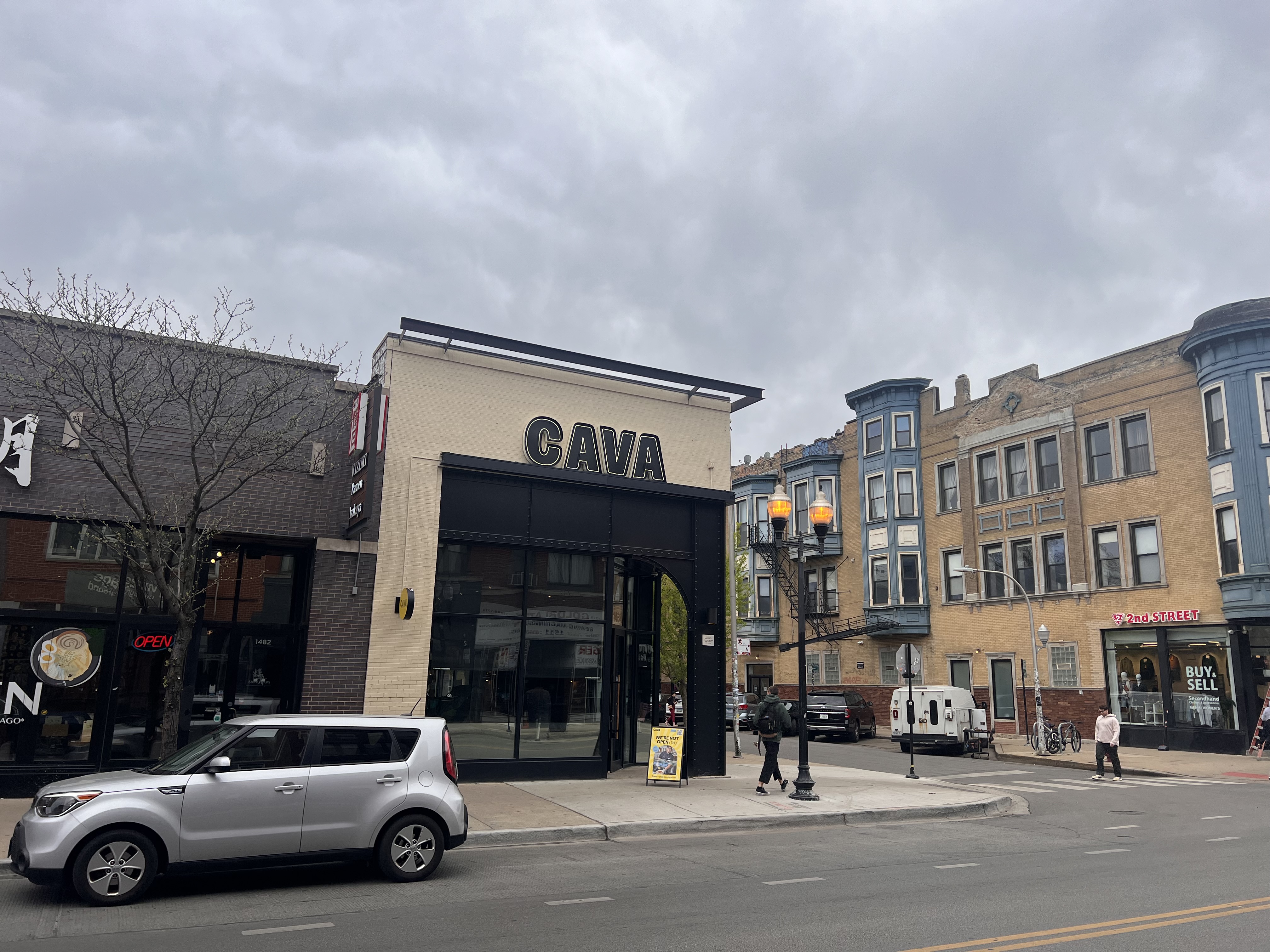When Illinois' borderswere first planned, they didn’t include Fort Dearborn, the little settlement at the mouth of the Chicago River.
The state’s original boundary was at the southern tip of Lake Michigan. The city we now know as Chicago was part of the Wisconsin Territory. But Illinois’s settlers, who were mostly Kentuckians living in the southern part of the state, wanted more. They envisioned the new state controlling trans-continental trade by building a canal to connect the Great Lakes and the Mississippi.
Nathaniel Pope of Springfield, Illinois’s territorial delegate, persuaded Congress to move the border 55 miles north, adding all of what we now call Chicagoland. Boy, are his neighbors regretting that now.
In this week’s Illinois Times, historian James Krohe Jr. argues that Chicago and Downstate are unequally yoked in “a bad marriage that only gets worse,” and suggests breaking up the state along regional lines:
Chicagoland today has hugely more in common in every way with the megaregion of which it is a part than it does with the rest of Illinois. Attempting to govern it and Downstate under a single political system has arguably held each back from realizing a future appropriate to its needs. Chicagoland’s economy is so large that the region could stand on its own as an independent city-state.
The notion of redrawing state boundaries along more plausible economic, cultural and geographic lines is appealing. I have written, in different settings, that southern Illinois should be attached to its natural mother, Kentucky, while Metro East becomes officially a part of the St. Louis metro area, the northernmost parts of Illinois faces a proud future as the southernmost parts of a new Wisconsin, and Illinois’s farming midsection is split between the Indiana and the Iowa that it resembles in so many ways.
Downstate’s obsession with and resentment of Chicago is in exact proportion to Chicago’s ignorance and indifference to Downstate. Vacation in Kaskaskia? Thanks, but we’re going to the Wisconsin Dells. Downstaters were outraged that Pat Quinn was elected governor despite carrying only three counties -- and would still have won if he’d only carried Cook. Last year, a friend from Decatur suggested she should be allowed for the next mayor of Chicago.
Local
“It’s not like everything you do up there doesn’t affect us,” she said.
Chicagoans have no interest in the Decatur mayor’s election. Most of us can’t find Decatur on a map.
In the last few months, Downstaters have had to swallow a tax increase, a civil unions bill and a death penalty ban pushed by Chicago-area politicians, who hold the governorship and two-thirds of the seats in the General Assembly. In exchange, Chicagoans may have to accept a conceal carry bill, as a sop to conservative Democrats.
Krohe is correct when he writes that Chicago’s emergence as a “megaregion,” erasing old boundaries between city dwellers and suburbanites, is a source of Downstate’s discontent. The banker in Bloomington didn’t mind so much when suburban Republican voters offset city Democrats. But now the suburbanites are Democrats, too, making Illinois the most liberal state between the two coasts.
As someone who has lived in Decatur and Chicago, I don’t want to see Illinois break up. Our 360-mile run from the shores of the Great Lakes to the foothills of the Ozarks makes us both the nations’s most diverse state, and its most average, because we contain so many American cultures within our borders. Illinois was the perfect training ground for the nation’s first black president, because it introduced him to all the types of folks he’d meet during his presidential run: farmers and factory workers, lawyers and laborers, hunters and hipsters.
Let’s keep Illinois together. But let’s start paying attention to the folks Downstate, too. Take a vacation in Kaskaskia sometime.

Buy this book! Ward Room blogger Edward McClelland's book, Young Mr. Obama: Chicago and the Making of a Black President , is available Amazon. Young Mr. Obama includes reporting on President Obama's earliest days in the Windy City, covering how a presumptuous young man transformed himself into presidential material. Buy it now!



